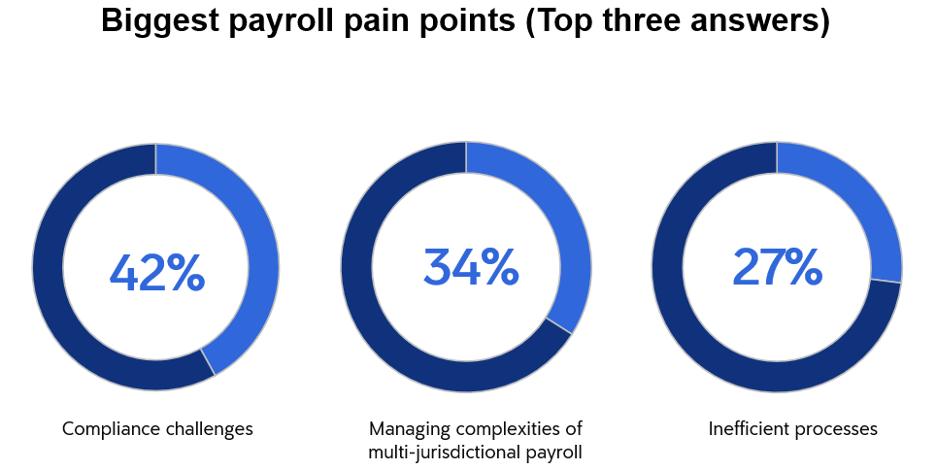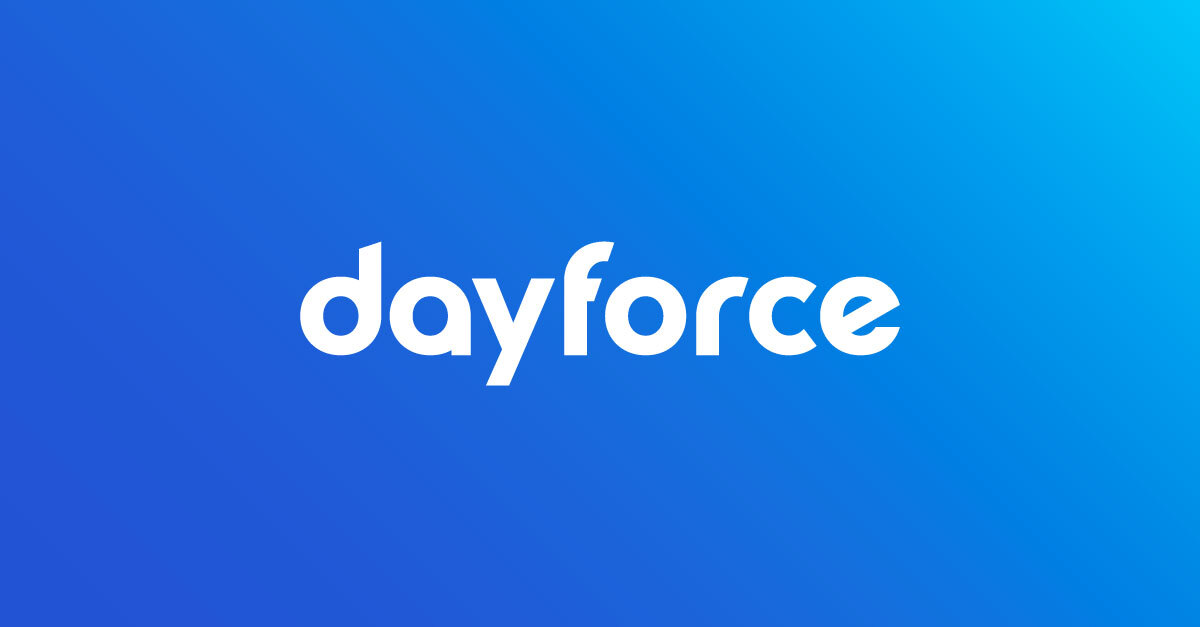Payroll strategies: Are your payroll professionals ready for the future?
Payroll is primed to move from a back-office function to a strategic business partner. But that change isn’t possible without payroll professionals who are ready for the changes that lie ahead. Learn how to develop them for what comes next.

Table of Contents
Payroll is set to undergo a radical change. Spurred by technological advancements and changing business and employee expectations, payroll will evolve from a back-office function to a strategic business partner, much like the role of HR has matured in recent years.
But as organizations contemplate and prepare for this change, there is often one critical component left off their checklists. While they consider the technologies and processes needed for future payroll strategies, payroll professionals themselves tend to be overlooked.
In Ceridian’s recent Future of Payroll Survey, conducted in partnership with the American Payroll Association (APA) and the Global Payroll Management Institute (GPMI), we see that payroll professionals are ready to embrace the changes ahead. Seventy-eight percent of those surveyed said that if their job duties were to change as payroll technology becomes more sophisticated, they would want to adapt to their new job duties and stay in their current role.
In short, payroll professionals love the work they do – no matter how it may change. Now, organizations must ensure their payroll teams are ready for those changes. Here’s where to start.
Equip payroll teams to overcome today’s obstacles
Payroll professionals can’t prepare for tomorrow when they are busy handling the challenges of today. The top payroll pain points cited by our Future of Payroll Survey respondents were compliance challenges (43%), managing the complexities of multi-jurisdictional payroll (34%), and inefficient processes (27%). These are all challenges that could be resolved today with the right technology in place.

To help improve efficiency and promote compliance in an increasingly borderless world, organizations will need to replace legacy payroll systems with technology that can help minimize the complexities of multi-jurisdictional and global payroll.
A single system that unifies HR and payroll functions can deliver a more holistic view into your organization’s people operations. This will become even more important as the payroll function increasingly contributes to the employee experience, with initiatives like on-demand pay, pay benchmarking, and pay equity.
Discuss how job roles and payroll skills will change
When we asked our Future of Payroll Survey respondents what their organizations were doing to prepare them for the future, only 37% said their employers were helping them identify new, applicable skills. And even fewer (33%) said their employers were discussing how job roles will change due to technology investments.
Employers must lead the way in outlining what future job roles might look like and the payroll skills that will be needed in those jobs. Organizations have more insight into market trends and how that translates to the world of work than their employees do, so they can use these resources to inform their employees.
If these conversations are framed correctly, employees won’t view them as a threat to their job. In fact, they’ll take the opposite stance. Moving into a more strategic role rather than being bogged down by administrative tasks is a tremendous development opportunity for payroll professionals. Just remember to offer guidance as to what skills will be needed to seize that opportunity.
Build a culture of learning
Beyond gaining an understanding of the skills they will need in the future, payroll professionals need training in those areas. Yet only around half (54%) of Future of Payroll Survey respondents said their employers offer skills development training in preparation for the future.
Here too, employers should lead the way. Having a well-trained, future-ready payroll team is highly beneficial. You can accomplish this by building a culture of learning. Providing continuous and ongoing development opportunities is more effective than one-off, periodic training courses.
Ceridian’s 2022 Pulse of Talent survey shows that 27% of respondents find time constraints to be a challenge in acquiring new skills. Help your payroll professionals eliminate this obstacle by providing the time they need to upskill and reskill. And ensure your payroll personnel know that skills development is an organizational priority – the training you take for tomorrow is just as important as the work you do today.
The evolution of the pay function will enable payroll professionals to become significant drivers of value, efficiency, and transformation for their organizations. But first, they must be given the right tools to shed the challenges of today and be empowered to prepare for tomorrow.
You may also like:
Ready to get started?

